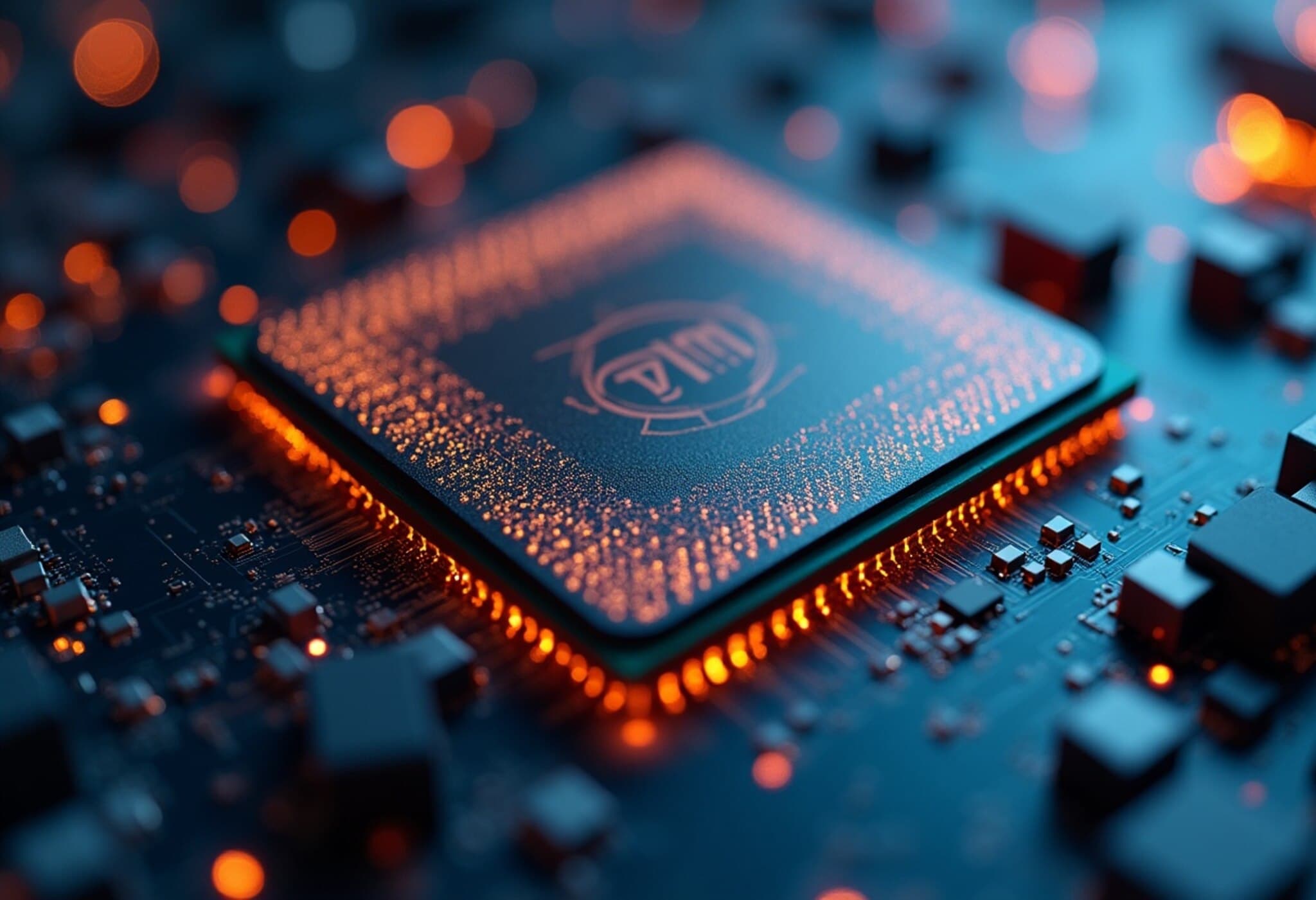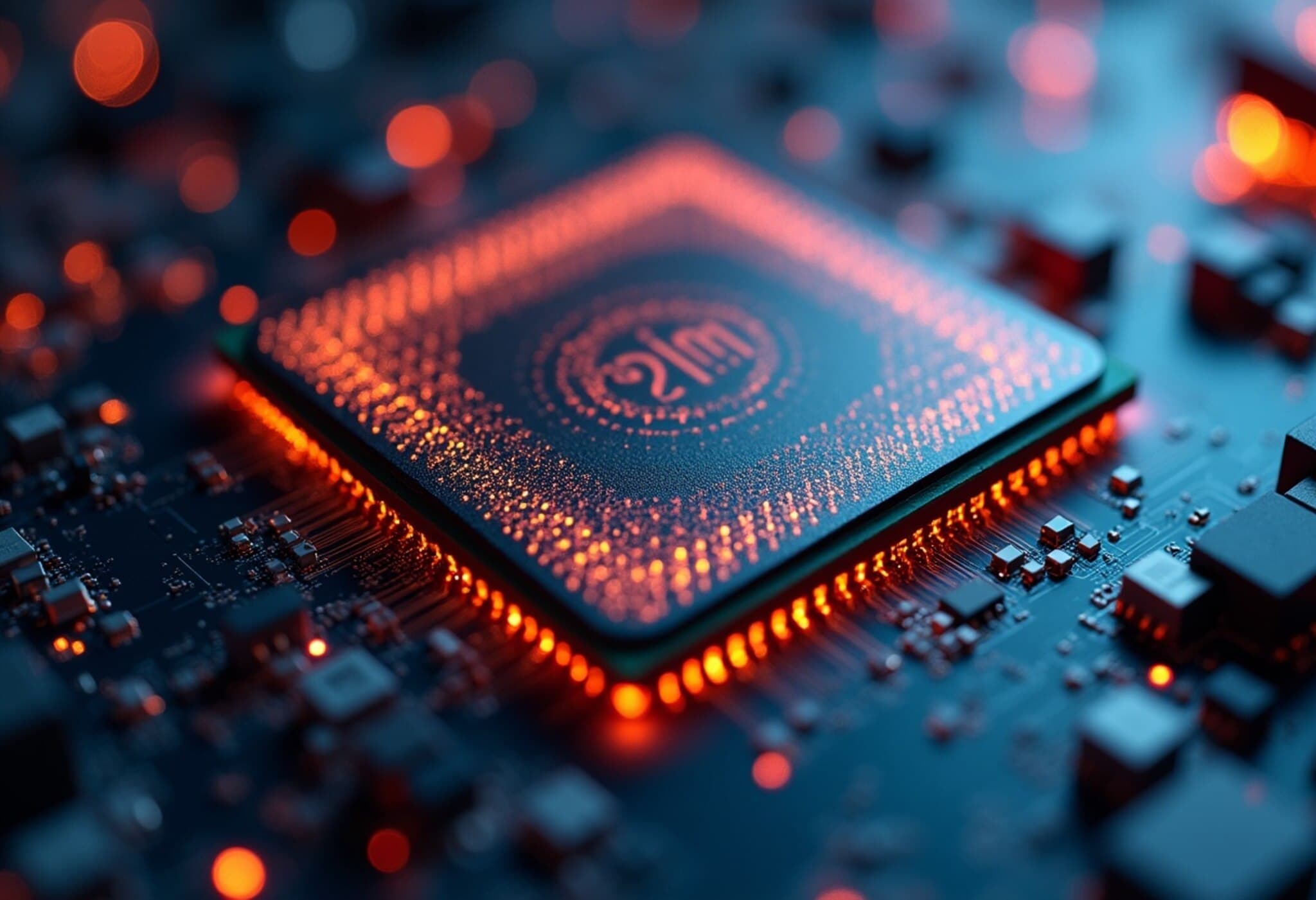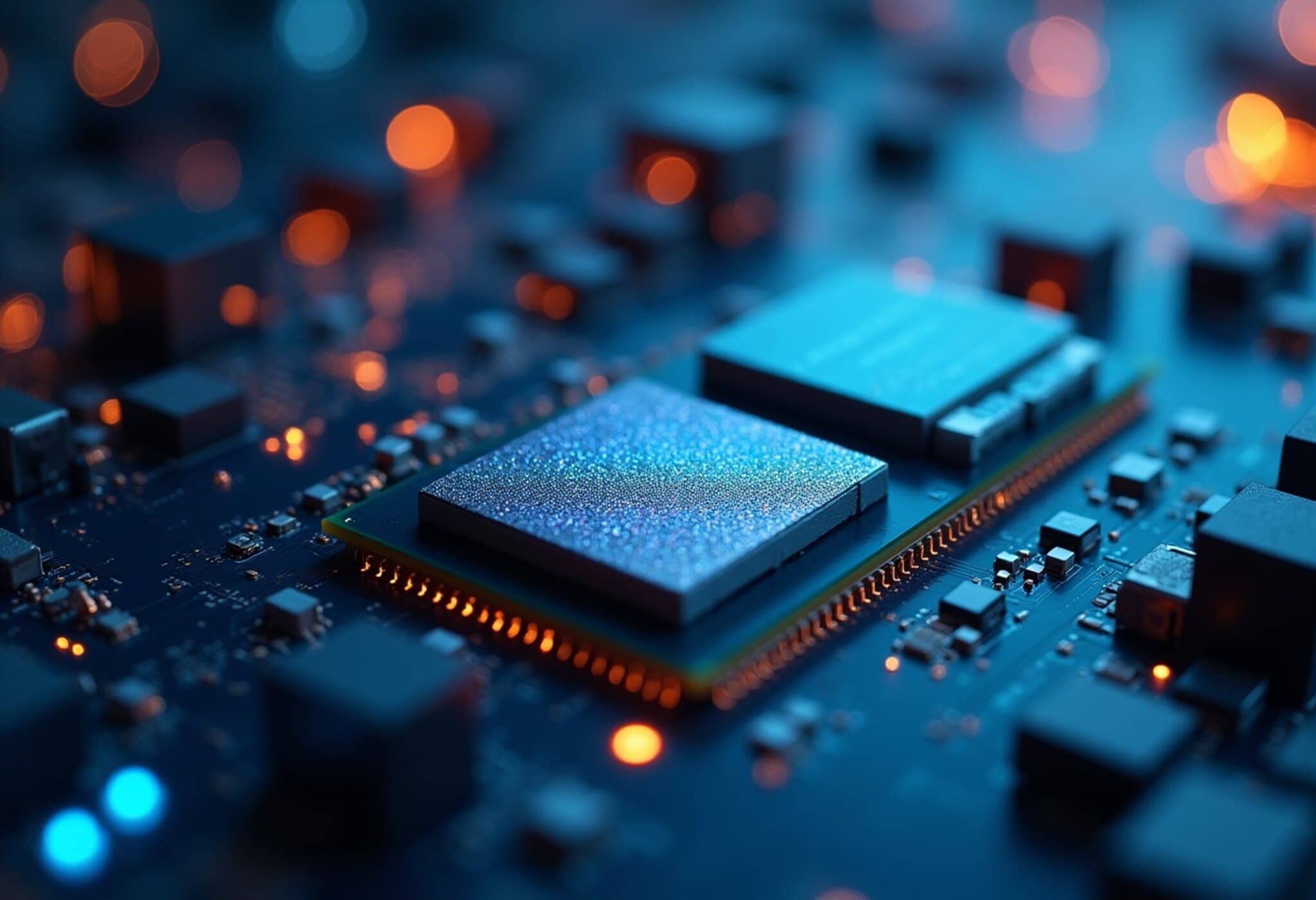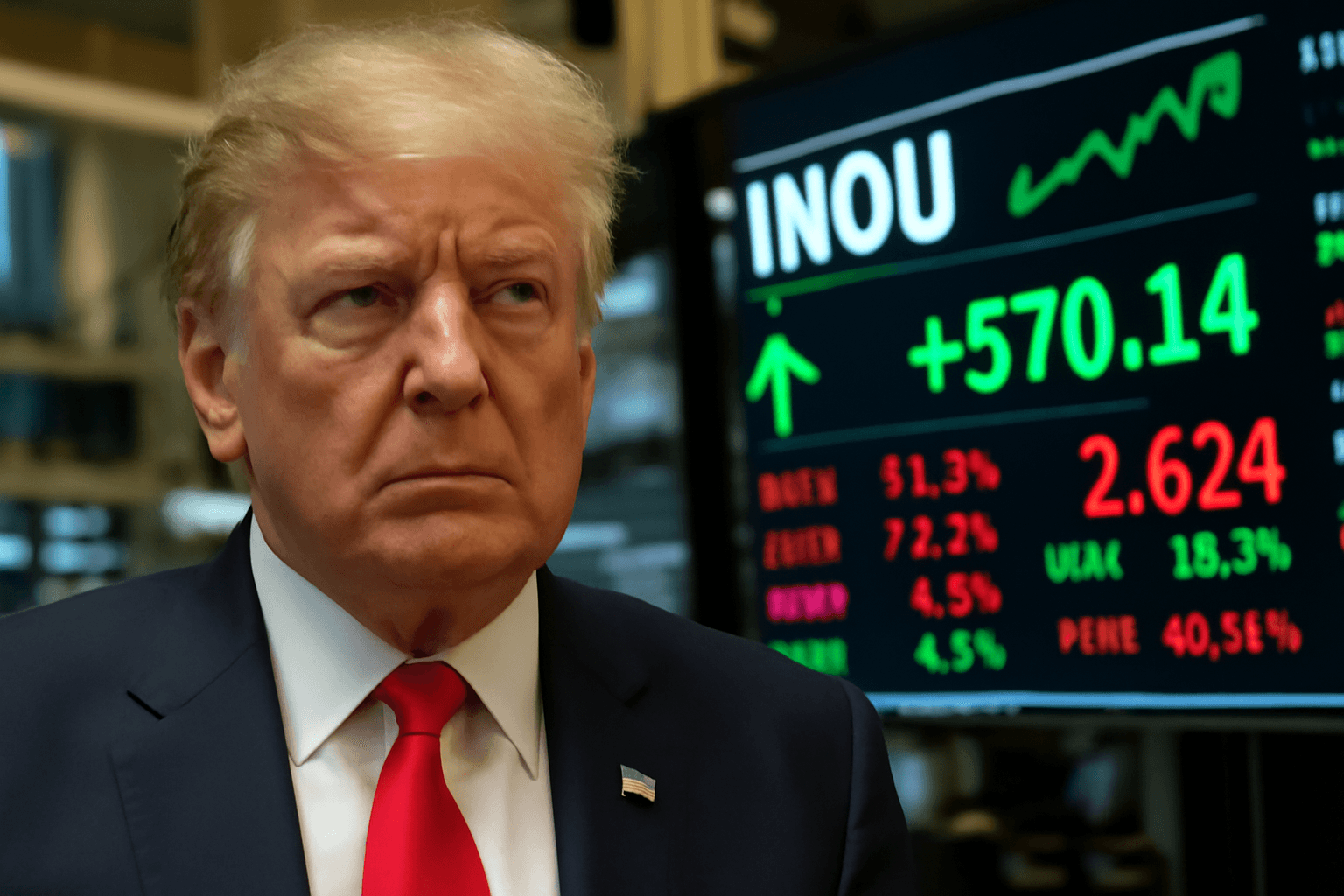TSMC Detects Potential Trade Secret Leak Amidst Rising Geopolitical Tech Tensions
Taiwan Semiconductor Manufacturing Company (TSMC), the world leader in semiconductor manufacturing, recently disclosed that it has identified unauthorized activities suggesting potential trade secret leaks within its operations. The company announced swift disciplinary measures against the implicated personnel and initiated legal proceedings to protect its intellectual property.
What Happened?
TSMC revealed that its robust internal monitoring systems unearthed suspicious actions which jeopardized its core trade secrets, particularly concerning the development of 2-nanometer chip technology. These chips represent cutting-edge advancements in semiconductor fabrication and are crucial to maintaining TSMC's competitive edge in the global market.
While details remain limited due to the ongoing judicial review, media reports indicate that several former employees may have been involved in attempting to extract sensitive proprietary information during their tenure.
Why This Matters: The Strategic Stakes in Semiconductor Manufacturing
Semiconductors have become the backbone of modern technology, driving everything from artificial intelligence to consumer electronics. TSMC’s dominance in producing the most advanced chips means that any breach of security can have wide-reaching ramifications, not only commercially but geopolitically.
The semiconductor industry is a battlefield where corporate innovation intersects with national security. With escalating tensions between Taiwan, China, and other global powers, safeguarding trade secrets is more critical than ever for maintaining technological leadership and economic stability.
TSMC’s Zero-Tolerance Stance and Legal Response
In a statement, TSMC emphasized its zero-tolerance policy toward any acts that compromise company secrets or stakeholder interests. "We pursue violations to the fullest extent of the law," the company affirmed.
TSMC has historically guarded a vast repository of proprietary knowledge, with over 200,000 trade secrets cataloged internally. This incident echoes a past case from 2018 when a former employee faced indictment for attempting to transfer fabrication process secrets to a foreign competitor.
Implications for U.S.-Based Chip Manufacturing
TSMC’s influence extends beyond Taiwan, with significant investments in states like Arizona, where its fabs play a vital role in the U.S. semiconductor supply chain. The integrity of these manufacturing sites is paramount, especially amid American efforts to reduce dependence on foreign sources for critical technology.
This leak investigation underscores the urgent need for stringent security protocols and collaboration between governments and industry leaders to thwart industrial espionage, which can undermine national economic and technological ambitions.
Expert Commentary: Navigating Innovation and Security
Industry analysts stress the delicate balance semiconductor firms must maintain: fostering innovation while fortifying defenses against espionage. As AI and next-generation technologies demand faster, smaller chips, companies like TSMC are under pressure to accelerate R&D, increasing exposure to internal risks.
Moreover, the persistent geopolitical rivalry in East Asia heightens the stakes, where intellectual property theft could shift the global tech landscape.
Looking Ahead: What to Watch
- The progress and outcomes of TSMC’s legal actions, which could set precedents for industry standards.
- Potential impact on the global semiconductor supply chain and partnerships with technology giants like Apple and Nvidia.
- Government responses, especially U.S. and Taiwan’s policy shifts to enhance semiconductor security.
As the semiconductor industry continues to evolve at a breakneck speed, vigilance against intellectual property breaches remains paramount to safeguarding global technology leadership.











